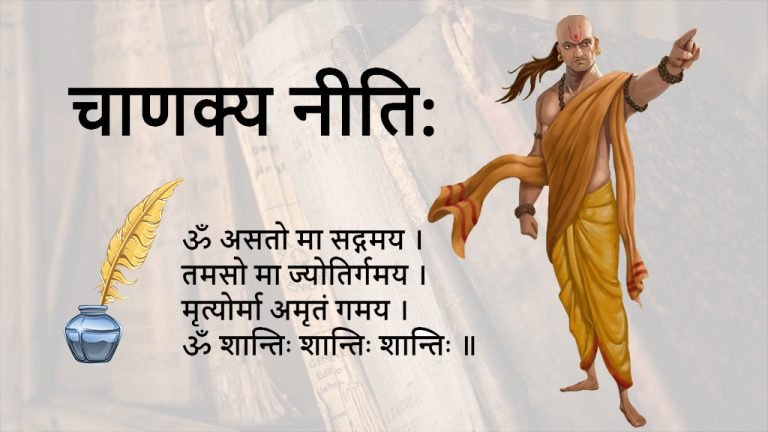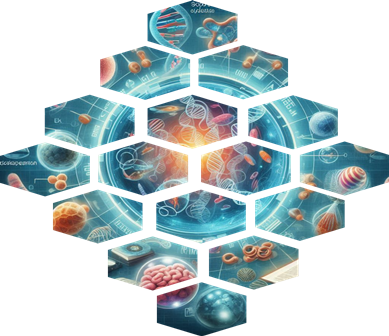Chanakya is considered the pioneer of the field of Political science and economics in India, and his work is thought of as an important precursor to classical economics. Chanakya the Great Economist was an ancient Indian polymath who was active as a teacher, author, strategist, philosopher, economist, jurist and royal advisor. He is traditionally identified as Kauṭilya or Vishnugupta, who authored the ancient Indian political treatise, the Arthashastra, a text dated to roughly between the fourth century BCE and the third century CE. The Arthashastra continued to exert considerable influence after the reign of Ashoka but then disappeared and was considered lost until it was discovered in 1905 CE by the Sanskrit scholar Rudrapatna Shamasastry (l. 1868-1944 CE). Rudrapatna Shamasastry published the work in 1909 CE and then translated it into English and published that version in 1915 CE which brought it greater attention.
Chanakya’s Arthashastra which is very famous by the name of Niti Shastra, describes 17 chapters and 342 sutras written in it. For details visit our site https://digitalksp.com/category/education/.
Chanakya NITI – 8th Chapter – in English
- Low class men desire wealth; middle class men both wealth and respect; but the noble, honour only; hence honour is the noble man’s true wealth.
- Even after consuming sugarcane, water, milk, roots, betel leaf, fruits and medicines one can perform the act of worship.
- The lamp eats up the darkness and therefore it produces lamp black; in the same way according to the nature of our diet (sattva, rajas, or tamas) we produce thoughts/offspring in similar quality.
- O wise man! Give your wealth only to the worthy and never to others. The water of the sea received by the clouds is always sweet. The rain water enlivens all living beings of the earth both movable (insects,animals, humans, etc.) and immovable (plants, trees, etc.), and then returns to the ocean its value multiplied a million fold.
- Low class men desire wealth; middle class men both wealth and respect; but the noble, honour only; hence honour is the noble man’s true wealth.
- After having rubbed oil on the body, after encountering the smoke from a funeral pyre, after sexual intercourse, and after being shaved, one remains a chandala until he bathes.
- Water is the medicine for indigestion; it is invigorating when the food that is eaten is well digested; it is like nectar when drunk in the middle of a dinner; and it is like poison when taken at the end of a meal.
- Knowledge is lost without putting it into practice; a man is lost due to ignorance; an army is lost without a commander; and a woman is lost without a husband.
- The knowledge which is not used gets destroyed. Ignorance destroys a man. Without a commander, the army gets destroyed. A woman gets destroyed . without her husband. Without proper use everything gets destroyed.
- A man who encounters the following three is unfortunate; the death of his wife in his old age, the entrusting of money into the hands of relatives, and depending upon others for food.
- Chanting of the Vedas without making ritualistic sacrifices to the Supreme Lord through the medium of Agni, and sacrifices not followed by bountiful gifts are futile. Perfection can be achieved only through devotion (to the Supreme Lord) for devotion is the basis of all success.
- God can not be found in a wood piece, stone or a mud idol. It is the belief that makes us feel the presence of God. Hence, only the feeling matters – not the material.
- There is no austerity equal to a balanced mind, and there is no happiness equal to contentment; there is no disease like covetousness,and no virtue like mercy.
- Anger is a personification of Yama (the demigod of death); thirst is like the hellish river Vaitarani; knowledge is like a kamadhenu (the cow of plenty); and contentment is like Nandanavana (the garden of Indra).
- Moral excellence is an ornament for personal beauty; righteous conduct, for high birth; success for learning; and proper spending for wealth.
- Beauty is spoiled by an immoral nature; noble birth by bad conduct; learning, without being perfected; and wealth by not being properly utilised.
- The underground water, a faithful wife, a king who looks devotedly to the welfare of his subject and a content brahman are always pious. They should be worshipped and honoured every time.
- Discontented brahmanas, contented kings, shy prostitutes, and immodest housewives are ruined.
- Of what avail is a high birth if a person is destitute of scholarship? A man who is of low extraction is honoured even by the demigods if he is learned.
- A learned man is honoured by the people. A learned man commands respect everywhere for his learning. Indeed, learning is honoured everywhere.
- A father who is a chronic debtor, an adulterous mother, a beautiful wife, and an unlearned son are enemies ( in one’s own home).
- A meat eater, a wine drinker and a fool are animals In the form of humans.
- There is no enemy like a yajna (sacrifice) which consumes the kingdom when not attended by feeding on a large scale; consumes the priest when the chanting is not done properly; and consumes the yajaman (the responsible person) when the gifts are not made.






